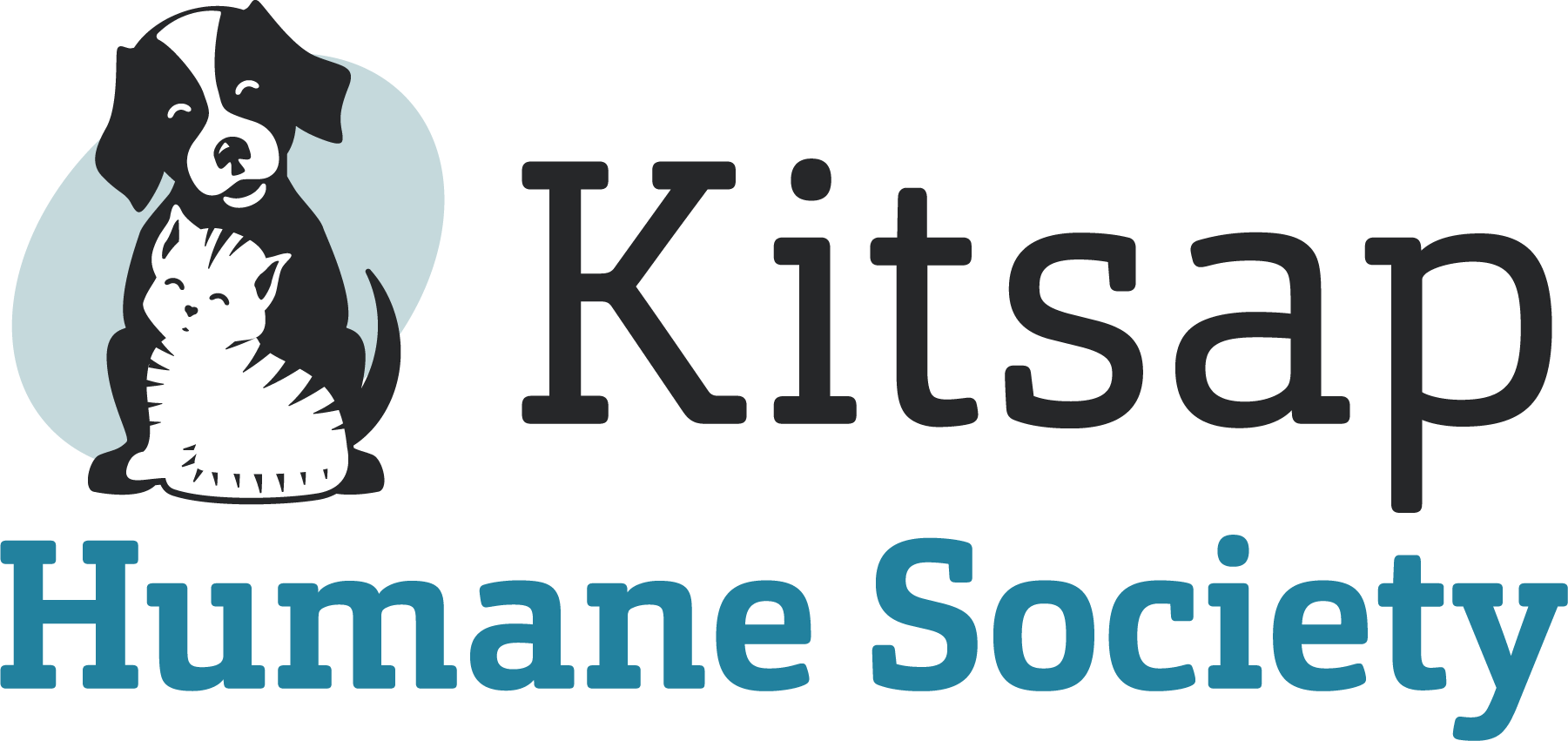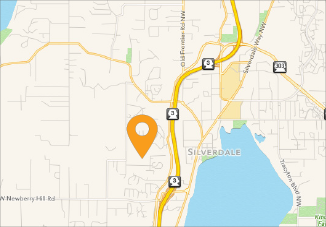Euthanasia at Kitsap Humane
November 12, 2009
Euthanasia is always a bittersweet topic. On the one hand it can be the ultimate act of compassion for a loved one, on the other hand it has allowed underperforming shelters to neglect their life saving mission.
We are happy to relate to date that Kitsap Humane Society has fought a brave battle against needless euthanasia. Examples include the dedicated work of caregiver Renee Cederstrand with her foster network, often done off the clock and at midnight at home. Our behavior team works tirelessly to assess dogs for safety, and provide training to save those able to be rehabilitated. In fact, every staff member participates in animal socialization and therefore animal lifesaving. The actions of lifesavers with PetFinder, dog rescue transport, adoption outreach…the list goes on and throughout is the constant theme of dedicated volunteers and staff working together in harmony.
We have bittersweet news. First, our successes:
Dogs currently are being saved in the greatest number. To date, our euthanasia rate for canines is an astonishing 5%! Remember that as recently as last year our average was as high as 26%.
What does 5% mean? Well, Nathan Winograd, a leader in progressive shelter management declared that, through studies, we know a ‘no-kill’ shelter euthanizes appropriately about 6% of animals since they are untreatable, unmanageable, or suffering. We are proud that our rate is even lower, and hope all will congratulate themselves on this effort.
As some may know, I come from a no-kill shelter where I directed operations. I am proud to say, our operations people have done a better job at lifesaving than I ever did at my former shelter! Know as well, that while we are proud of our lifesaving standard, we affirm that the term ‘no-kill’ is an atrocious term that has served to divide the animal welfare community. True ‘no-kill’ shelters still responsibly perform appropriate euthanasias, and no true shelter enjoys killing. We ask all to refrain from using this term.
We congratulate ourselves on the good work, however there is much left to do. Sadly, felines experience as much as 24% euthanasia and as many see first hand, we are flooded with felines needing homes. Felines that arrive as feral or otherwise are often not able to be worked with due to available resources or community awareness. We will use this information to help shape our plans towards 2010, please stay tuned for upcoming events!



